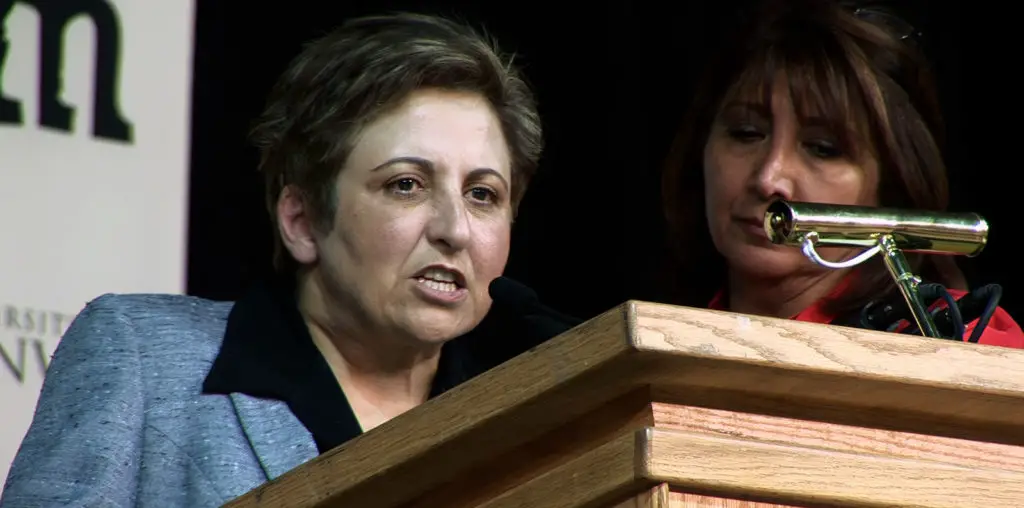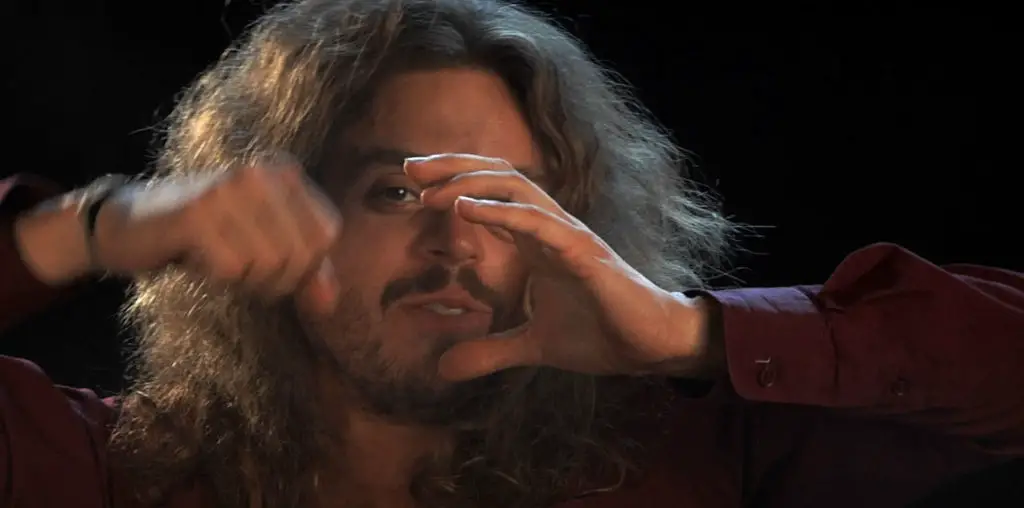
Jack Webb’s famous line of dialogue on “Dragnet”, “All we want are the facts, Ma’am”, didn’t just exist to be spoken by him. It was also his mantra as a television show producer, evidenced by such productions as, indeed, “Dragnet”, and an outstanding cop show, “Adam-12”. Where most actors saw it fit to float around in their career, taking on various roles to define them in many ways, Webb stayed with law enforcement, emergency services, and even lawyers, such as in the short-lived, “The D.A.” With “Adam-12”, his mantra came clean through. Stripped of all that could pin this drama down as overdone, melodramatic, one-dimensional, and rankly sentimental, Webb made sure that officers Pete Malloy (Martin Milner) and Jim Reed (Kent McCord) looked like real Los Angeles policemen. Setting the show in Los Angeles was obvious for Webb and co-creator R.A. Cinader because Webb had known L.A. since “Dragnet”. Besides the financial benefits of staying close to production offices, post-production suites, and the studio, Webb realized that in Los Angeles, anything could happen. Plus, for those on the other side of the country, in small communities, in other cities, L.A. still looked fascinating, a cornucopia of everything that could be dreamed and everything that could happen, and smashed dreams piled up high.
Webb had a hit on his hands because being with Malloy and Reed felt like being with real cops. In the series opener, Malloy intends to quit, having lost his partner to a hail of gunfire in a warehouse two weeks prior. With Milner being a main cast member, it was entirely obvious that Malloy wouldn’t leave, but it’s riveting to watch him slowly bide his time, while he takes on a new partner, Reed. A monologue by Malloy about losing his partner introduces the dramatic effectiveness of the show. “Adam-12” was known first for its small spurts of scenes of the citizens of L.A. encountering all kinds of trouble from a kid getting his head stuck between the bars of an iron fence, to family disputes (twice the same couple), a 16-year old sniper (shot dead by Reed, which led the series into focusing on one story fully for 24 minutes rather than many people, or weaving one throughout an episode), a lost old man (entertainingly played by Richard Hale), and even some dated material which makes it even more fun.
In an episode towards the middle of the season, Malloy and Reed contend with two hippies sniping at one another, one claiming the other ruined his meditation. Elsewhere, other residents use the slang of the ‘60s, while Malloy isn’t welcome as a student at a local college because he’s a cop, a typical dislike with that decade. Martin Milner and Kent McCord are strong in these, obviously because they had fine help from Webb, who not only directed the pilot, but made his mark throughout the rest of the season. Malloy and Reed feel like they’ve got the perfect partnership. As Malloy grows older throughout all the police work, Reed learns more and becomes more experienced, leading to that episode with the 16-year-old sniper, which turns him into a real cop. It’s not pleasant for him by any measure, but in the moments by director Bruce Kessler where he’s looking down at the body of the kid, it’s the most intense shot of Reed of the season and perhaps even the series, as he is a permanently changed man. This beat is tough and as he learns at that moment, it gets even tougher.
The style of “Adam-12” also benefits the actors who guest starred on the show, even if they’re relatively unknown today, with a few exceptions. For example, despite the perception of him not being important enough for the description on the back of the DVD box, Tim Matheson guest stars as Leroy, a homesick Texan who steals a horse, rides it for a while, and then gives up. On the way to the station, he talks of leaving home and coming to L.A. and his feelings about the city. Just for those moments, Leroy is an actual person on-screen. One call for Malloy and Reed involves a landlady who won’t let a man up the stairs, frantic to get to a woman who told him over the phone that she planned to commit suicide. The landlady (Maudie Prickett), convinced that the man is a deviant and nothing more, prevents him from going up until Malloy and Reed force her to let him through. The woman in the apartment happened to be the man’s sister, now dead. Even in the face of this, the landlady tries to move the body, wanting it out and no more disturbances on her property. Well, what disturbs her? She’s more despicable than the people she pegs as worthless. With the economy of time allotted for “Adam-12”, Maudie Prickett widens our eyes in shock at how anyone could be this way, not finding out the full story, but just going by what she believes and nothing else. This first season is full of performances like that, right in the thick of the action, short enough to shake us and make us notice.
“Adam-12” is exactly that kind of show not only for anyone interested in cop shows (and they should be interested in one that is of high quality), but as a template for good law enforcement performances that don’t go beyond the surface unnecessarily. The home life of these men is bantered about between the two during the majority of the season, only dropped towards the end where Reed doesn’t talk much about his upcoming kid and doesn’t bother Malloy a lot about being single. Webb knew how to it. Simplicity was required. The opportunity to show people what they don’t see was key. As a time capsule, it’s a good way to see what parts of Los Angeles were like back then and for those really dedicated Angelenos to point out a certain street or back alley, and then they’d have to be outrageously dedicated, and some are. Seeing how Hollywood looked at the hippie movement and college protests through this show also provides moments of good-natured laughter. In fact, a performance by an actor playing one of the hippies in that dispute at the Sanctuary of Love cries out for Hans Conried to replace him.
It’s all in good spirits and good times. “Adam-12” has every kind of moment, and once those dramatic moments get you in a direct, unassuming way, that’s it. You’re hooked and impatiently waiting for the second season. The same goes for me.

